
Moving to the city doesn’t mean you are destined to only be able to grow herbs in your window boxes. With an estimated 400 active places around the city designated as community gardens, you can find somewhere to grow your summer flowers and fall root vegetables.
The Neighborhood Gardens Trust (NGT) mission is to be Philly’s neighborhood garden protector preserving land access for community-managed open spaces.
Each garden can vary between a large professional operation and a small area that is just getting its start. Some of the gardens have an extensive waiting list, and member dues, as they are in high demand. If you can’t get a place in the garden nearest to you, an alternative is to split your time between two smaller gardens that need more help. We’ve picked a few neighborhood favorites to highlight.
Glenwood Green Acres, 1801 W Glenwood Ave.
North Philly
This 3.5-acre lot has been thriving ever since 1984 when the community took over the land, after a fire caused a complex of warehouses to be demolished. The garden has won numerous prizes and has hosted intergenerational projects on the heritage of southern agriculture.

Glenwood Green Acres, image courtesy of Hole in the Clouds.
Spooky Garden, 1015 N. Leithgow Street and 1116 N. Fourth St.
Northern Liberties
If you love both Gardening and Halloween, then this might be the one for you. This Northern Liberties garden has been in existence since 2002 and was finally preserved in 2016 after a decade-long campaign to save the space by the NGT. The garden has communal garden beds used to grow everything from herbs to raspberries and, of course, pumpkins. During the annual Halloween event, thousands of people come to see the seven-foot werewolf and haunted house created in the gardens by local artists.

Spooky Gardens, image courtesy of Spooky Garden Facebook
Capitolo Community Garden, S. 10th St and Federal St.
Passyunk Square
This community garden spawned from a neglected baseball diamond and sits adjacent to the Capitolo Playground at 10th and Federal. The 40+ plot garden is a stone’s throw away from Pat’s and Geno’s and plays host to various flea markets. PHG Realtors Allison and Christian Fegel have been members of the garden and broke ground at its inception in the summer of 2009.

Capitolo Community Garden, image courtesy of Philadelphia Parks & Recreation
Mercy Emily Edible Park (MEEP), 500 block of Mercy St.
South Philadelphia
Located between the 5th and 6th block of Mercy Street in South Philadelphia, this community garden has been active for nearly ten years. The land ownership has changed hands a number of times in the past. It has been used to grow food to feed Philadelphia’s vulnerable/ homeless population. As of 2018, the garden has switched to being run by a committee of community members and regularly donates food to people who live on the surrounding blocks.
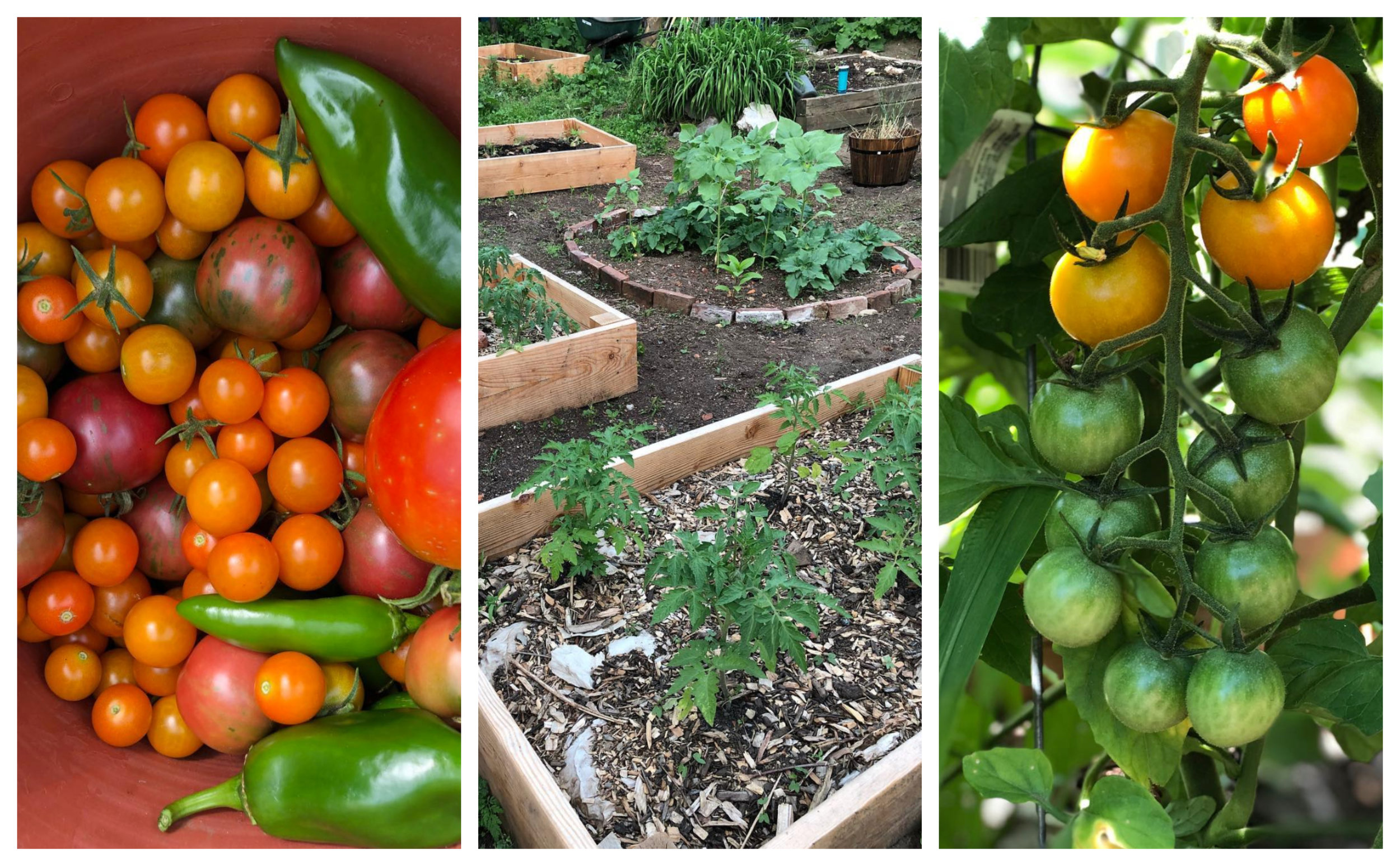
Mercy Emily Edible Park, image courtesy of MEEPGarden
Summer Winter Community Garden, 3223 N Natrona St.
Powelton Village
Named after the nearby streets, the Summer Winter Community Garden is one of Philadelphia’s oldest community gardens. It’s located close to Drexel University in West Philadelphia and is run entirely by volunteers. The garden regularly supports Pennsylvania Horticultural Society City Harvest, which grows food for the homeless.

Summer Winter Community Garden, image courtesy of NGT
Carousel House Farm, 4300 Avenue of the Republic.
Fairmount Park
Located in Fairmount Park right near the Please Touch Museum, this farm was founded in 2010. They are big on education and in fact are “ Philadelphia’s only public production and education farm, open to residents and growers across the City”. It offers programs for the local community including weekly volunteer days.

Carousel House Farm, image courtesy of Curbed Philly / My Philly Park / Tribe 12
For more information about community gardens, check out the Neighborhood Gardens Trust (NGT) and the Pennsylvania Horticultural Society (PHS). These organizations play similar roles in helping support the spaces and supply necessities through their network of members, such as tools, soil and trucks when needed. The NGT also helps secure land rights for the gardens so you won’t turn up one sunny Saturday and a high-rise apartment block has been built on top of your asparagus. It’s important to know if your garden has been protected by NGT and if not who owns the plot of land.
If you have a green space or an empty lot you think would make a fantastic community garden, you can contact the NGT for help. In order to be protected, you have been active for a minimum of 3 growing seasons but they will advise you through the process of getting started. Information can be found here.
In a real estate market full of choices, Philly Home Girls is distinctive because of our teamwork, transparency, and commitment to our clients. Here’s what sets us apart and why our team might be the perfect fit for you.
You know the Philly Home Girls are always party-ready, right down to our outfits and whatever we’re bringing to the seasonal potluck. We figured we’d spread the joy and share a few of our favorites.
This past October, Jeanne had the incredible opportunity to attend the LeadingRE Global Real Estate Symposium alongside Katey McGrath, Vice President of Elfant Wissahickon Realtors. It was inspiring, energizing, and perspective-shifting—one of those rare professional experiences that reminds you exactly why you love what you do.
Agent Kate McCann shares her favorite weekend getaways, fun even in the winter weather! All less than a 3.5 hour drive away, these sweet towns will make you feel like you have had a full week of R&R!
We made a list and checked it twice - local shops, makers, and artists, naughty and nice! PHG is here to help you find gifts for even the most difficult person on your list.
Four years ago our clients Kara and Dan found their home with PHG and have been enjoying Brewerytown for the past 4 years. They have watched as new businesses open rather than close, have connected with neighbors, and best of all they have truly fallen in love with their community. When we reached out for some casual recommendations the texts flooded in with favorites. So here you go- a Brewerytown must-visit list from two local PHG VIPs.
October 2025 - We've combined statistics from the past few months and our experience working with clients to give you a market update for the city and the suburbs.
Here are five cemeteries in the Philly area that are perfect for walking, wondering, wandering, and even watching outdoor movies with the dearly departed. These spots are hauntingly beautiful all year long, but they’re especially magical in the fall.
We are huge animal lovers here at Philly Home Girls, and it doesn’t stop at our own pets. We sat down with PHG agents Kate Shlomo and Vee Gordon to chat about the time they spend volunteering with adoptable dogs.
We’re here for the sparkly post-construction North American Street! Whether you are looking to explore for an afternoon or put down some roots, here is a list of hot spots in the East Kensington and Norris Square area that you won’t want to miss.
Did you know Pennsylvania has a longer and more varied fall foliage season than any other state in the nation—or anywhere in the world? Here are some suggestions across the state to take in the changing leaves.
Pennsport and Dickinson Narrows may be neighbors, but each has its own charm and sense of community. These walkable South Philly gems are perfectly placed near Queen Village, East Passyunk, and major transit routes, making city living feel effortless. We took a sunny stroll through the area and couldn’t resist stopping into some of the local spots that give these neighborhoods their heart.
What do you do when you’ve inherited a house? How do you sell a home from a loved one’s estate? What will happen with your home after you pass away? These are common questions we get in this industry. To help answer them, we sat down with Steven Zelinger, an attorney that specializes in estate planning and probate.
Philadelphia is known for being a “city of neighborhoods”. How do you find YOUR neighborhood in Philadelphia? We sat down with some of our agents and asked for their advice on how they help clients hone in on the home search and find the neighborhood that suits them best.
Philly Home Girls agent Kate McCann set off to Portugal for the second time. We’re thrilled she shared her details of what they did, ate and tips because we are ready to pack our bags!
If you’ve been outside today you know it’s hot enough to fry an egg on the sidewalk. Before you go jump in the Schuylkill to cool off (not advisable), here’s the low-down on where to get your swim on in Philly.
Our Office Manager put together a list of black businesses that support Philadelphia. Some of these she’s tried, some are on her list, and others are from the agents at Philly Home Girls!
Parking in Philadelphia can be challenging, especially for homeowners and prospective buyers. Understanding the landscape of off-street parking, its costs, and alternatives is crucial and one of the many things Philly Home Girls can help you navigate.
It’s about that time of the summer when Philadelphia gets HOT. If you are looking for new summer oasis, there are swimming lakes as close at 20 minutes away that you can visit to escape the city heat.
Saving money for a downpayment and closing costs is the # 1 reason people are holding off on purchasing a home. PHG agent Rachel Shaw came up with a trusty list of some of her favorite homebuyer assistance grants and loan programs. With a little help, your dream of owning a home may not be as far off as you thought!
Thinking about buying a home but not sure what your budget really looks like? Here are three simple ways to estimate how much house you can comfortably afford.
From the classroom to the bathroom, Philly’s creative streak runs deep. But how well do you know what’s been invented right here in our own backyard? Take this quizzo and find out if you’re a true Philly Phanatic or just fakin’ it.
We get it, Target was the one big box store you didn’t have to ignore. Now, in light of diversity, equity, and inclusion changes, it isn’t so easy for us to look the other way. Luckily for us, we have a vibrant city that is filled with small businesses!
Did you know that three PHG agents call the Philadelphia neighborhood Queen Village home? It’s no wonder with the tree lined streets, gorgeous architecture and of course a happening bar and restaurant scene. We asked our agents for their neighborhood tips of places they love to frequent just steps from their front doors.
Moving to the city doesn’t mean you are destined to only be able to grow herbs in your window boxes. With an estimated 400 active places around the city designated as community gardens, you can find somewhere to grow your summer flowers and fall root vegetables.
Closing costs are an integral part of buying or selling a home. These are fees and expenses, beyond the sale price. For buyers, there are various ways to structure when and or how they’re paid. Let’s explore what these costs entail and how buyers can plan for them effectively.
Just like real estate transactions, estate sales have two sides; you’re either a buyer or a seller. Take a peek and learn what to expect from both sides.
The AOS (for agreement of sale) is a legally binding contract between a buyer and a seller that establishes the terms and conditions of purchasing real property. Here are some key points in navigating this important document.
New Years is a holiday that can be spent doing EXACTLY what YOU want! Here are some suggestions and traditions from our agents on how to celebrate New Years Day and Eve and actually enjoy it.
Bedrooms: 3 | Bathrooms: 1 full 2 half
Listing Price: $3,300,000
Bedrooms: 2-3 | Bathrooms: 2-3
Listing Price: $445,000 - $500,000
Bedrooms: 3 | Bathrooms: 3.5
Listing Price: $524,990 - $539,990
Bedrooms: 3 | Bathrooms: 2.5
Listing Price: $425,000 - $375,000
Multi-Unit Portfolio | 3 Adresses | 22 Units
Listing Price: $4,500,000
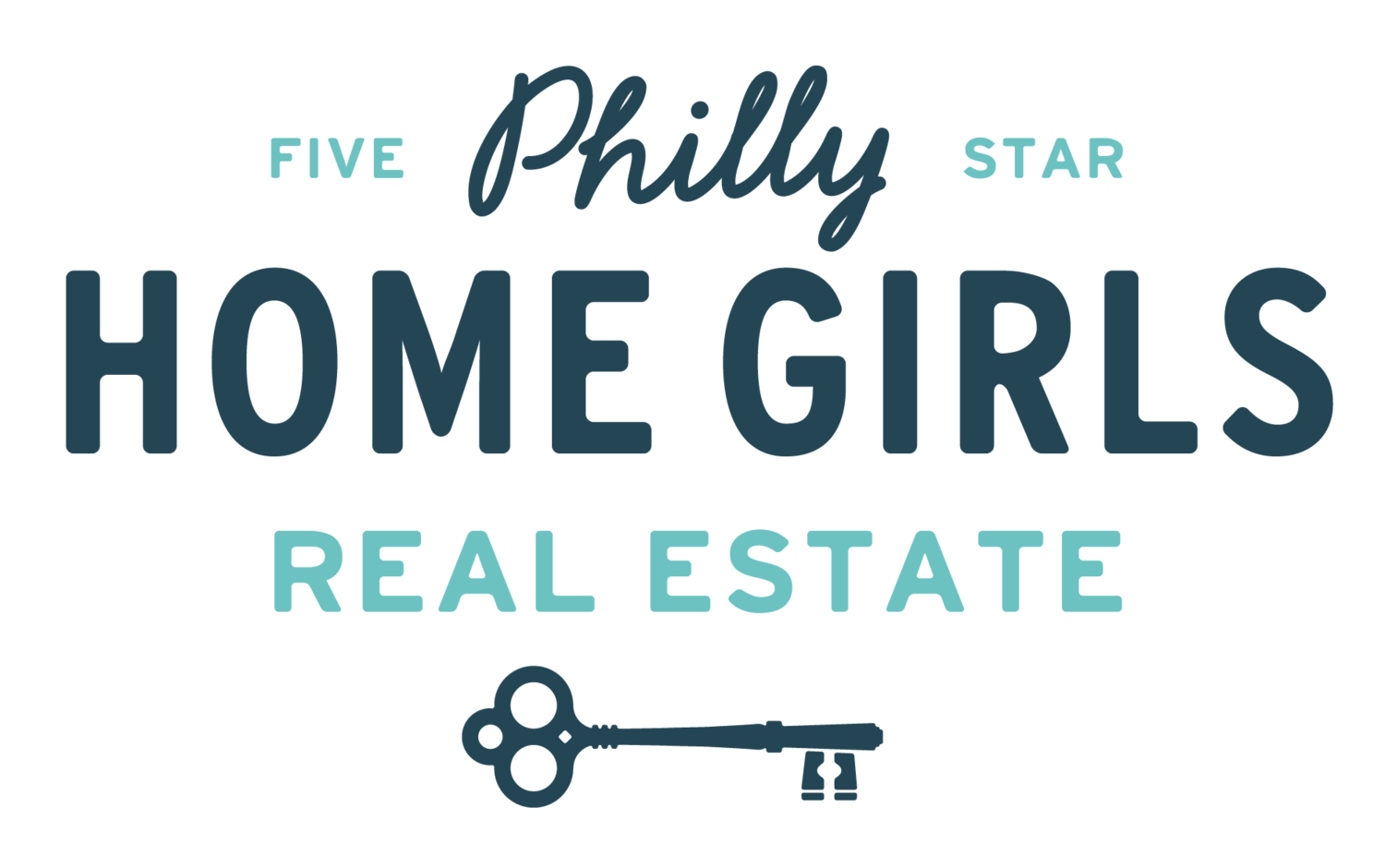

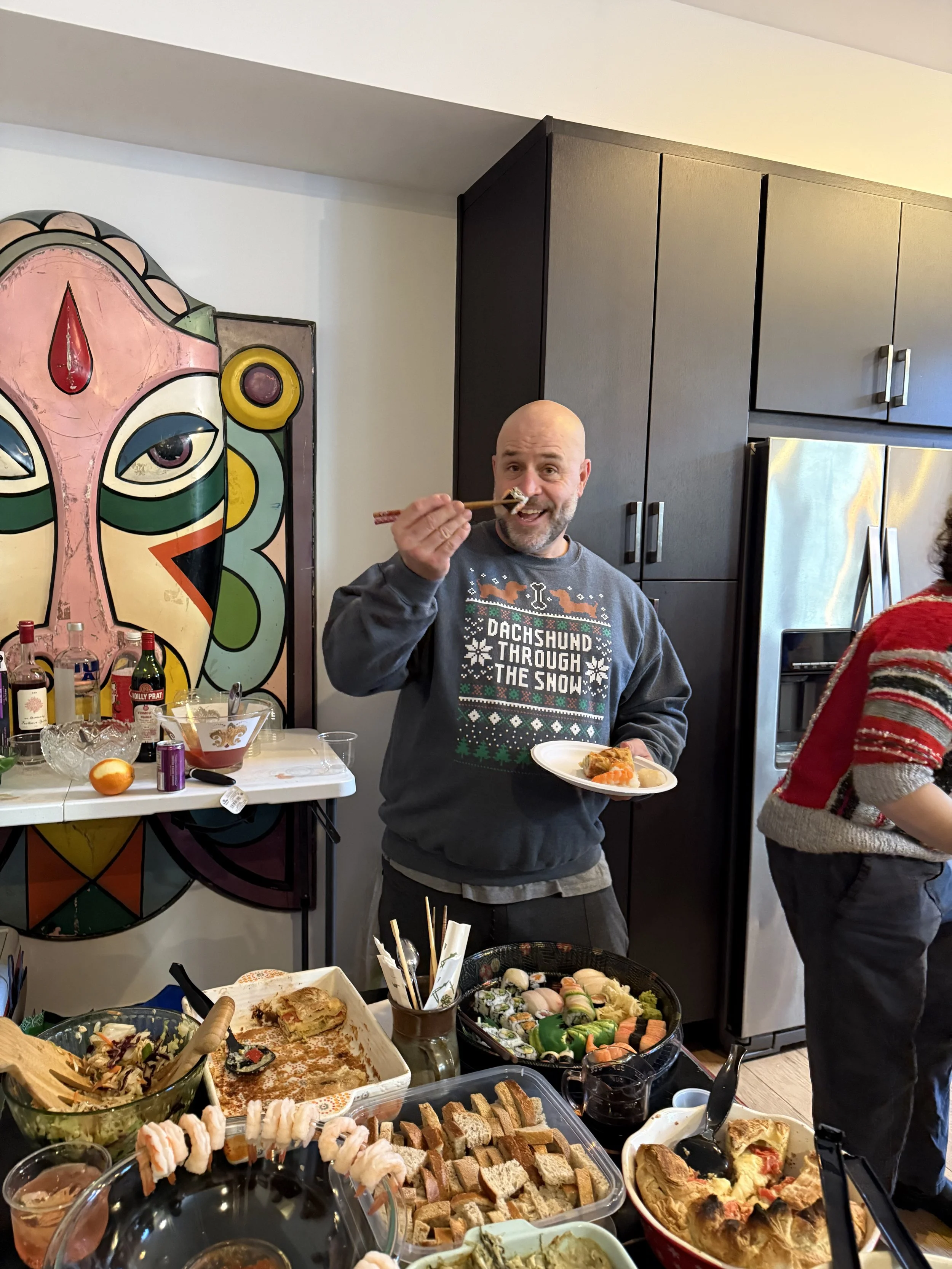


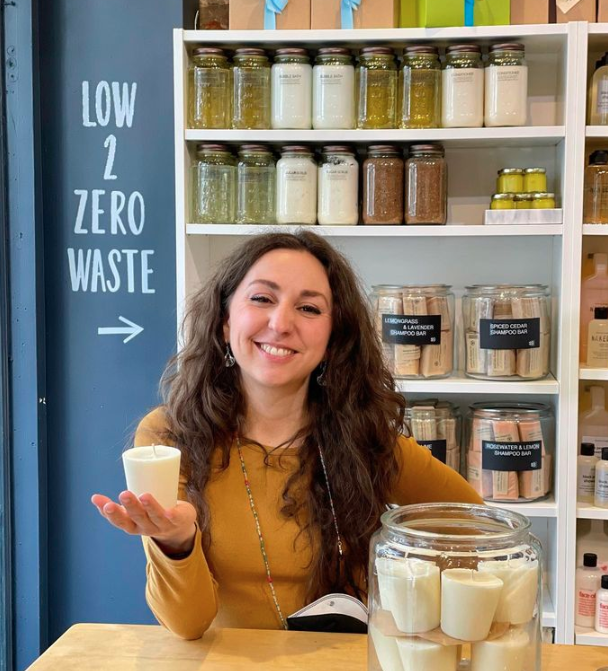







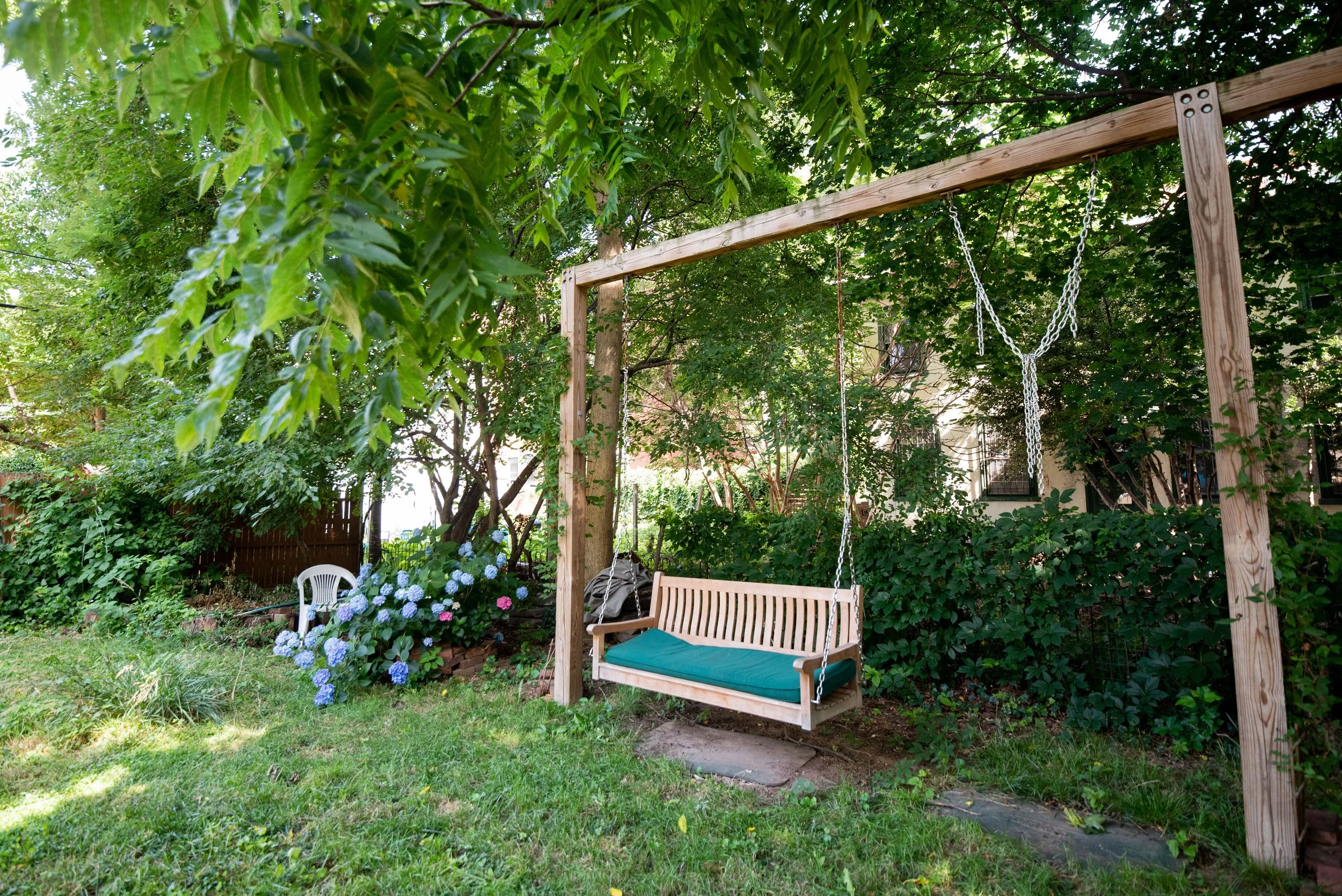



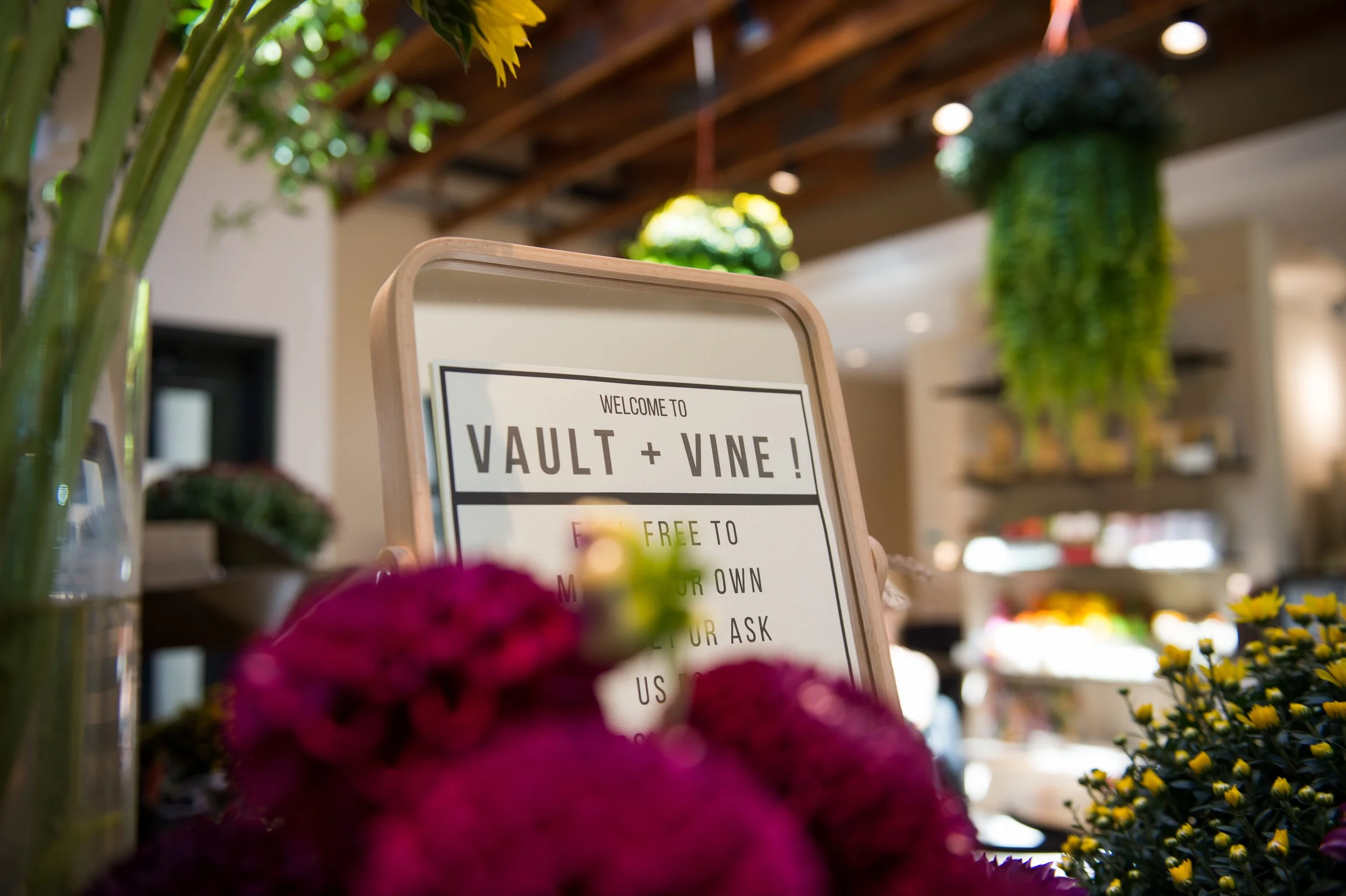
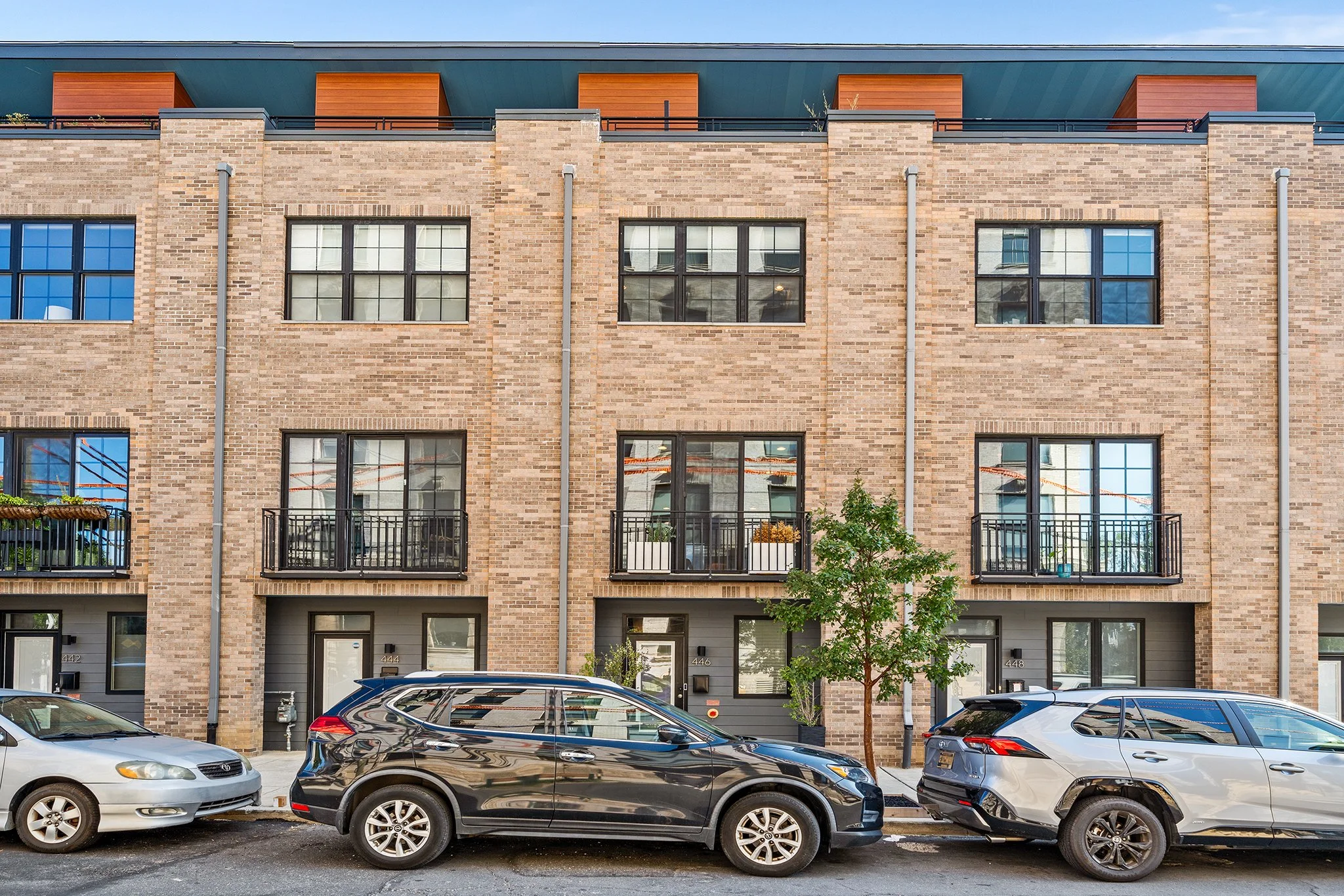













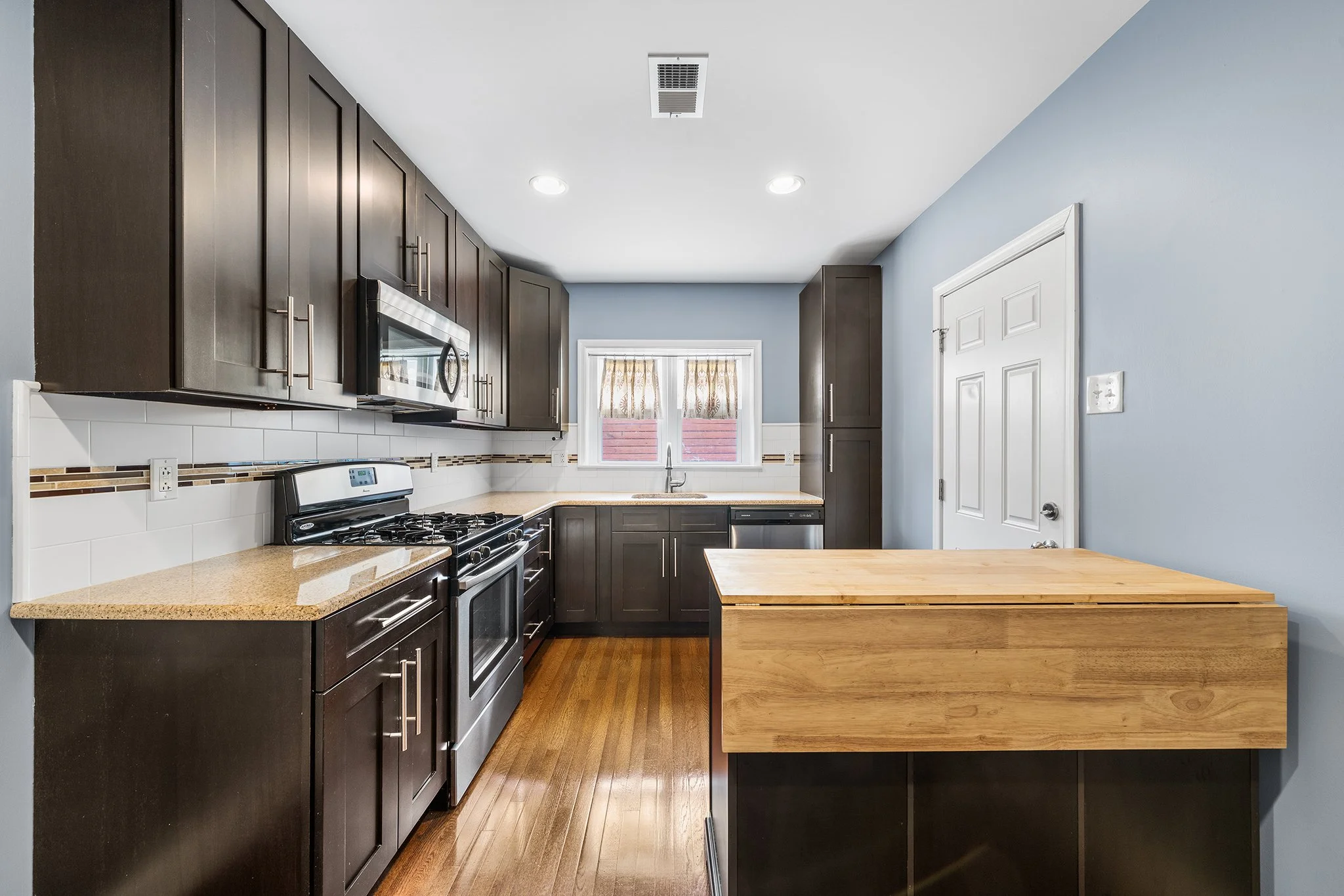

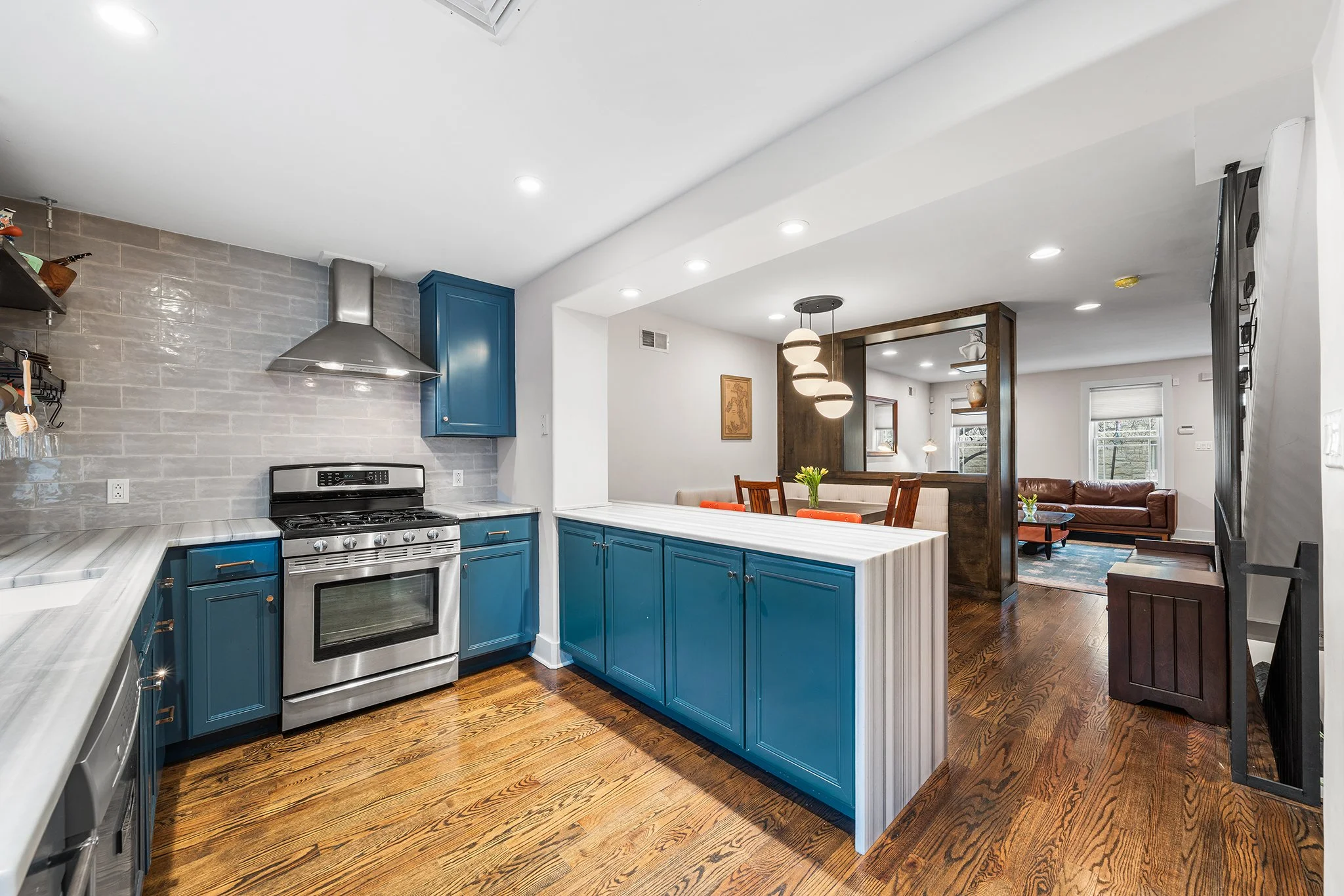
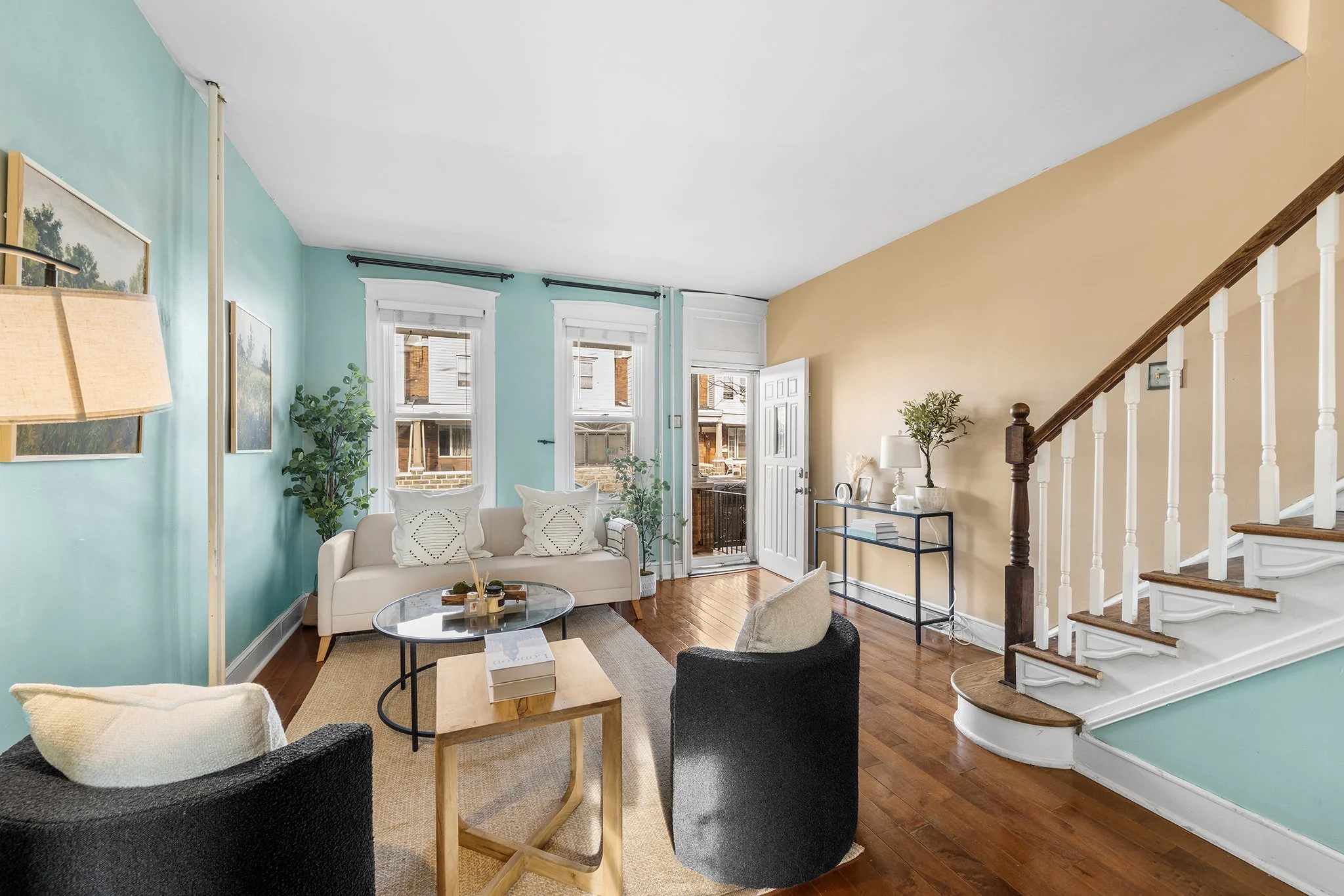















When the weather starts to turn many of us are running on low and need a pick-me-up. The weather can get confusing; cold, sunny, snowy, and wet all at the same time. How does one get out of the house and, more importantly, WHERE do we go?